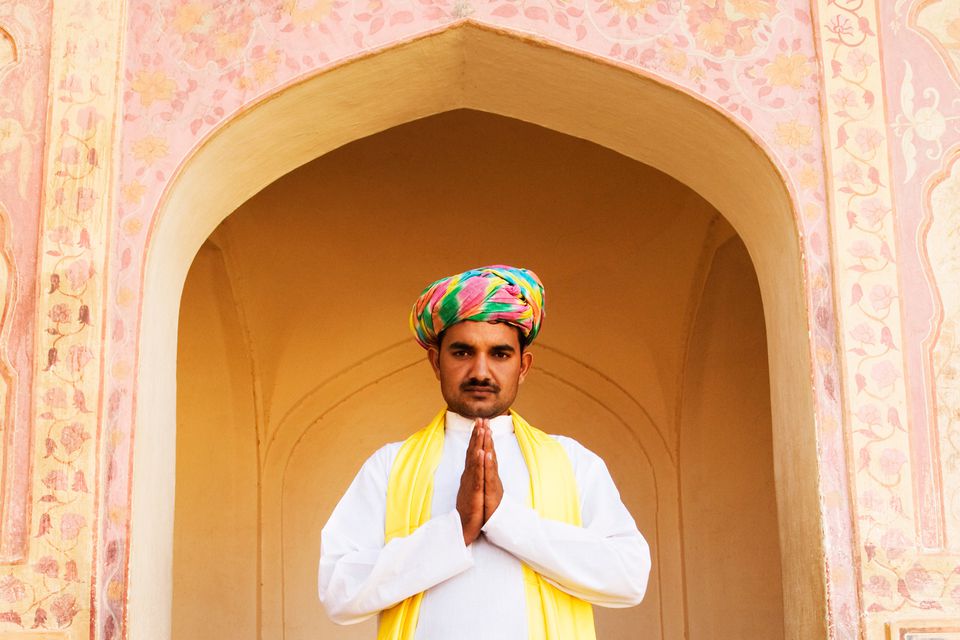Guru Prasad Mohanta
The World Health Organisation (WHO) recently raised the global risk assessment of the China’s new coronavirus (CoVID-19) to the highest level because of increasing incidences and increasing number of affected countries. The virus has killed more than 3,200 people and infected more than 93,000 people globally. The impact of the pandemic has been felt across segments from human health to economic health.
Trade is down and financial markets have plunged. People have been advised to avoid unnecessary travel and mass gatherings. Switzerland has announced the suspension of all events with more than 1,000 participants till March 15 and cancelled many international events. The pandemic appears to be spreading faster now outside China.
As little information is available about CoVID-19, health authorities in Beijing urged people not to shake hands and instead salute using a traditional cupped-hand gesture. The advice was sent in a text message to all mobile users. Chinese President Xi Jinping echoed, “Let us not shake hands”. In London, Premier League club, Newcastle United, has introduced a handshake ban to protect against the spread of the coronavirus. The manager of this premier Football Club, founded in 1892, said: “There is a ritual here that everybody shakes hands with everybody as soon as we see each other every morning — we have stopped that on the advice of the doctor.”
There have been some mixed signals, too. On two occasions, French President Emmanuel Macron leaned to give double cheek kiss to Italian Premier Giuseppe Conte signalling Italian citizens not to fear their neighbours as CoVID-19 spreads. However, Italian Government’s Special Commissioner for CoVID- 19, Angelo Borrelli, suggested that the demonstrative nature of Italians could be contributing to the spread of the virus, which has already infected more than 3,089 people and led to 107 deaths. At Virchow Hospital in Berlin, doctors have stopped shaking hands with patients. The doctors are encouraging the patients, too, to follow the practice.
Hands are exposed to millions of germs. Even if one uses antibacterial agents to wash hands, they remain contaminated with germs. On average, we carry 3,200 bacteria from 150 species on our hands. It has long been recognised that handshaking transfers germs from one hand to the other. The transfer of organisms is almost similar, irrespective of whether hands are dry or moist. Germs are transmitted most from palm to palm. In some instances, they jump to fingers and least to finger tips. Contaminated hands can spread bacteria and virus.
Healthcare workers’ hands are often colonised with commensal flora and potential pathogens while caring for patients. At healthcare facilities, shaking hands with doctors and other professionals passes infections on to other patents too.
Handshaking is common form of greeting. Not shaking hands or refusing to do so is viewed as impolite. But, if one sees the science of handshakes, one will think twice before greeting people using the gesture. Handshakes transfer germs (microbes) from one hand to the other. About 80 per cent of all infections are transferred by hand.
A strong handshake, what often feels warm, is almost twice as effective as a weak one in transferring bacteria such as E coli which cause urinary tract infection, diarrhoea and respiratory problems. Handshaking seems to be more effective in transferring germs than the use of common towel. The former is a direct contact between unwashed hands, while the latter is indirect contact between washed hands.
Shaking hands has become an integral part of the culture of the present day and people from all regions of the world shake hands. But we could eliminate handshaking in our own interest. India has always known the way out.
We have greeted US President Donald J Trump with “Namaste Trump”. That is also how we greet our guests. It is time to stop handshakes and adopt namaste to protect us and to protect others from common illnesses, including CoVID-19. ‘Namaste’ is our tradition and is the healthiest greeting.
The writer is a professor of pharmacy, Annamalai University, Tamil Nadu.

